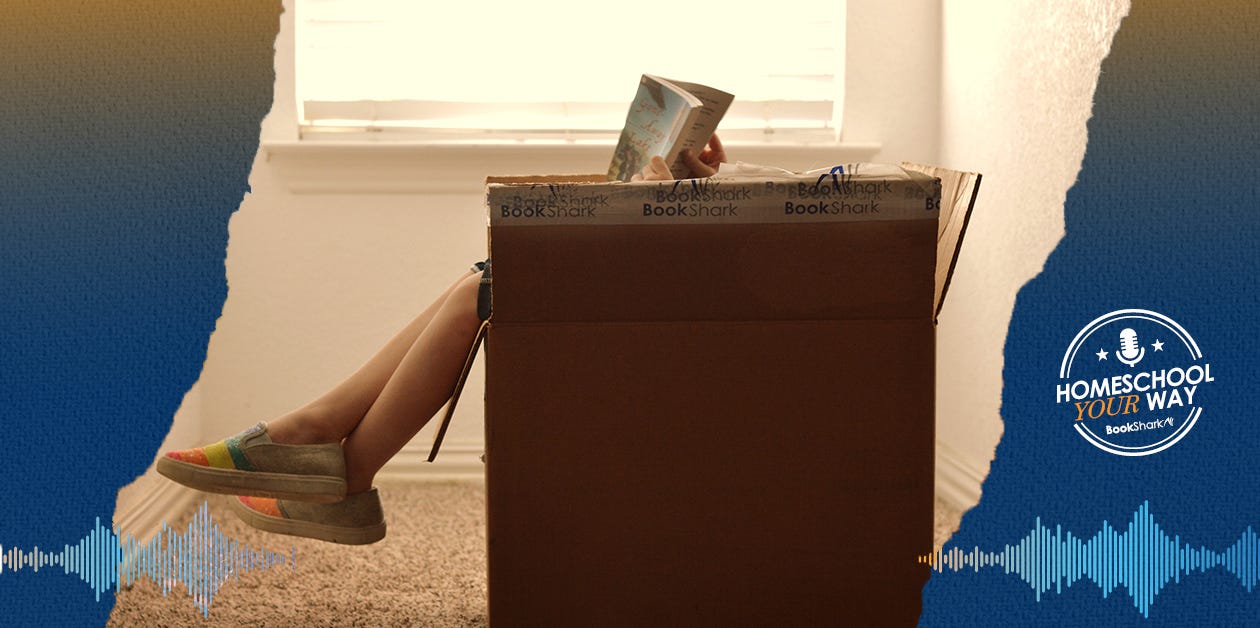What to Do If You Suspect Your Child Has ADHD
-
 By
Selena Robinson
By
Selena Robinson
- Oct 3, 2017

Attention deficit hyperactivity disorder (ADHD) is a neurological condition marked by persistent and continuous issues relating to attention span, hyperactivity, mood imbalances, and difficulty concentrating. If you see these issues in your child, you might well suspect that he or she has ADHD.
The question is: What should you do if you think your child has ADHD?
- Should you have your child tested to confirm your suspicions?
- Should you make any changes in the way you teach your child, even if you’re already homeschooling?
To Test Or Not To Test?
For most parents, the biggest concern is whether to have a child tested for ADHD. An official evaluation can certainly provide more information about your child’s condition and struggles. If you’re unfamiliar with ADHD and its effects, this insight can be very useful.
However, an official evaluation by a pediatrician or a child psychologist can also create new challenges. If your child is diagnosed with ADHD, the doctor may be quick to recommend medication even before you’ve had a chance to consider the side effects.
 Doctors may also request an individualized education plan (IEP), which will include additional testing, school conferences, and class accommodations. If you’re homeschooling, having an IEP may increase the amount of oversight the local school district has over your homeschool.
Doctors may also request an individualized education plan (IEP), which will include additional testing, school conferences, and class accommodations. If you’re homeschooling, having an IEP may increase the amount of oversight the local school district has over your homeschool.
Should You Adjust Your Child’s Education?
What about schooling? Should you make any changes in the way your child learns, in your curriculum, and in the learning environment?
The simple answer is yes. Having a child with ADHD will almost certainly require that you make significant adjustments in your educational methods. If your child is in public school, you might try working with the local school district to establish special accommodations. Depending on your school system, you may be able to secure additional time for testing, more frequent movement breaks, or quiet spaces where your child can concentrate more fully.
What if your school district is unable to provide the adjustments you need? You might consider homeschooling where you can observe your child more closely and make the accommodations that you feel are necessary.
Even if you’re already homeschooling, though, a diagnosis of ADHD will change the way you teach. As an educator, you’ll want to instruct in the way that your active child learns best. The good news is that if you know your child has ADHD, you have fresh clues for how to reach him or her!
If your child learns best by doing, add in more kinesthetic learning activities. If your child is a visual learner, allow plenty of time to draw and make notes as you teach. You might also include educational videos, slideshows, and games to make the learning stick.
For auditory learners, audiobooks, reading aloud, music, and call-and-response games are essential. The key is to make learning as fun and engaging as possible so that your child has an easier time paying attention and retaining what he or she learns.
If you think that your child may have ADHD, don’t panic. This condition can be managed through alternative education methods, patience, and, if necessary, medication. Many children who have been diagnosed with ADHD have gone on to have happy lives and successful careers. With the right help, kids with ADHD can thrive—both in school and at home.
 About the Author
About the Author
Selena is a homeschooling graduate and a veteran homeschooling mother of four, including three with ADHD. She and her husband, Jay, use an eclectic homeschooling approach to encourage their children to learn throughout their lives. Selena blogs about her family's homeschooling adventures every week at Look! We're Learning!









